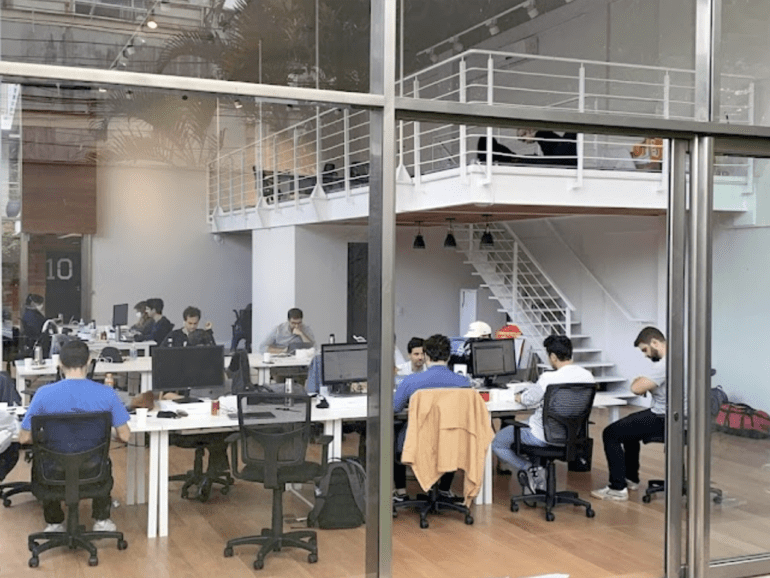The rise of open banking in Latin America is drawing the attention of global players, as progress in regulation is paving the way for greater financial service integration and creating new opportunities for fintechs in the region.
Last month, Citi Ventures, the U.S. bank’s VC unit, announced an undisclosed investment in Belvo, a Mexican open banking infrastructure firm. It was the latest in a series of rounds in the Latin American fintech sector that, although down from record levels last year, can still attract decent capital.
Founded in 2019, Belvo provides connectivity between fintechs and end-user financial data through its API platform. It reports that 60 financial institutions are connected to its application. With Citi onboard as a major investor, it is hoping to bolster the development of the open banking ecosystem in Mexico.
Earlier in June, Belvo had raised $43 million in a series-A round from a mix of Silicon Valley and Latin American VC firms, including David Velez, CEO of Brazilian digital bank Nubank. Before that, the company had tapped $10 million in a seed round from Founders Fund and Argentine Kaszek.
Further regulation needed
Financing to open banking ventures is expected to gradually pick up in Latin America as local regulation progresses in many of the biggest economies in the region. In Mexico, the framework is set, but some argue that further regulation is needed to ensure its widespread implementation.
To be sure, Citi is no stranger to the region. It has amassed large transactions in the past, including a $375 million financing line with Mercado Libre to help LatAm’s e-commerce frontrunner expand its fintech services across the entire region.
Many U.S. and European banks are laying bets on the Latin American digital banking sector as it becomes clear that many financially excluded adults turn to digital-born companies to do their daily finances.
With its latest investment in Belvo, the U.S. banking giant is raising the stakes for developing open banking infrastructure. According to Luis Valdich, a Managing Director at Citi Ventures, “Open banking represents an enormous opportunity in Latin America as a key enabler of the explosively growing fintech ecosystem in the region.”
Increasing collaborations

The U.S. bank also has a large operation in Mexico, Citibanamex, though it is aiming to divest its retail banking division and is now in a bidding process.
For Pablo Viguera, co-CEO and co-founder of Belvo, Citi’s investment is yet another sign of the increasing collaborative efforts between fintechs and banks in the region.
“Open banking opens the door to a whole new range of services around credit thanks to the possibility of analyzing more data for risk models,” he told Fintech Nexus in an interview before the announcement. “The emergence of open banking models makes clear the benefits of these alliances.”
Related:
But for open banking infrastructure to grow faster, some argue that progress in regulation is a necessary stepping stone.
Such a collaborative framework is quite advanced in Mexico, especially compared to other smaller-sized economies in the region. However, implementation deadlines for open banking are not yet clear, and some sector experts fear that failing to do so could eventually render Mexico’s pioneer fintech law outdated.
“It is essential to continue with a correct implementation and regulatory development that fosters innovation, competition, and financial inclusion,” Ernesto Calero, general manager at Mexico’s fintech association, said. “It is necessary that the financial authorities carry out the modifications to the fintech law and its corresponding secondary provisions.”


